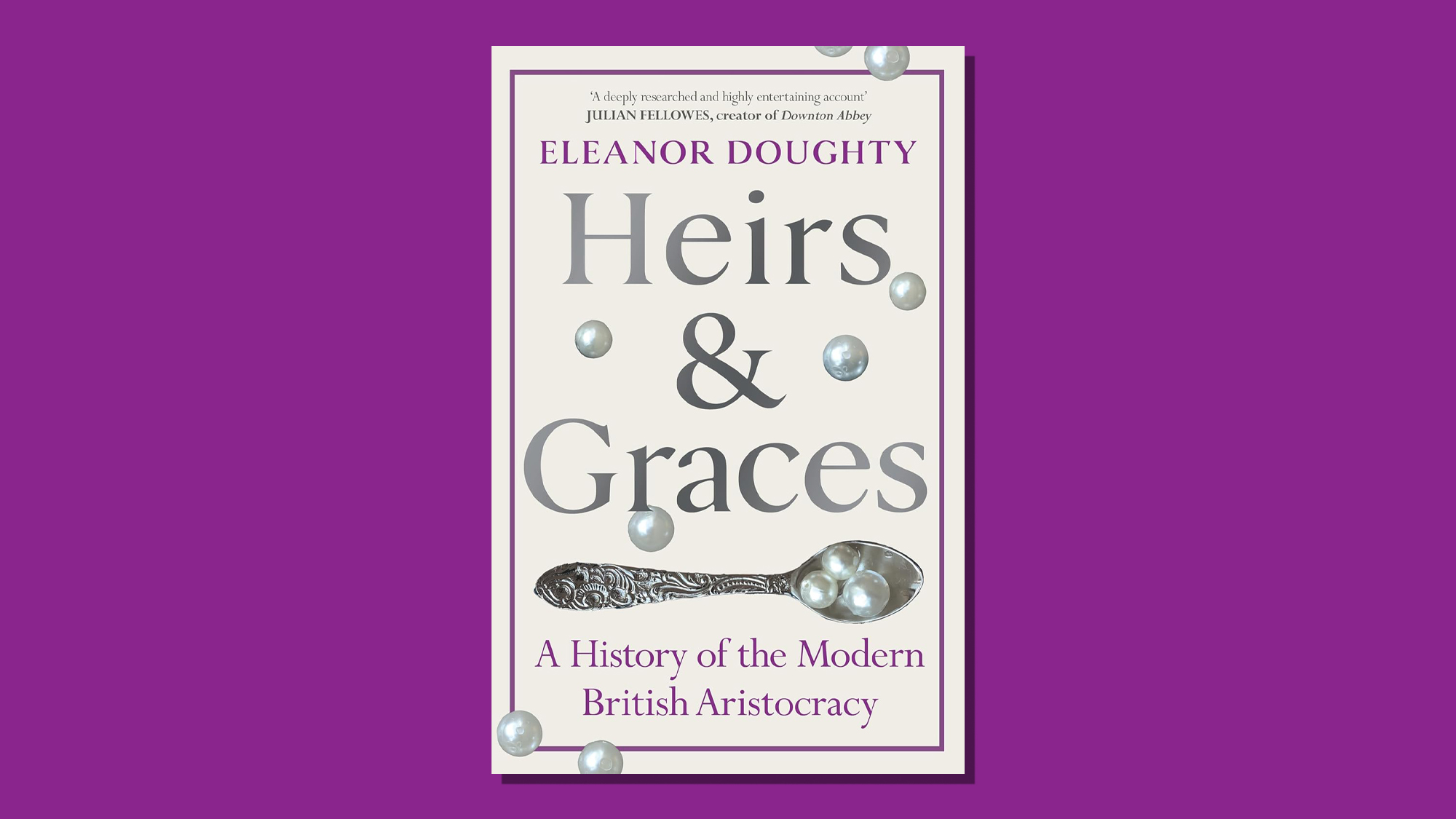Lifestyle
Eleanor Doughty’s “Heirs and Graces” Explores Nobility’s Decline

The recently published book, Heirs and Graces, by journalist Eleanor Doughty, offers a comprehensive examination of the British aristocracy, highlighting its ongoing decline and the peculiar allure it continues to hold. As the UK grapples with social changes and political reforms, including the Labour Party‘s plans to eliminate hereditary peers from the House of Lords, Doughty’s work arrives at a particularly relevant moment.
In her book, Doughty meticulously maps the 796 families in Britain that hold hereditary titles, aiming to uncover their identities and lifestyles. Critics, including Henry Mance of the Financial Times, note that the text is rich with personal narratives, although readers may find themselves occasionally overwhelmed by the array of baronets and their stories. Doughty approaches her subjects with a sympathetic lens, shedding light on their everyday experiences, concerns, and the pressing issue of maintaining their ancestral homes.
The narrative is steeped in a sense of decline. Once symbols of wealth and privilege, many aristocrats now navigate a landscape where their titles are often juxtaposed with ordinary occupations. For instance, actor Tim Bentinck, the 12th Earl of Portland, and the 5th Baron Monkswell, who has worked as a customer services adviser for B&Q, illustrate the shift from aristocratic idleness to more relatable professions. As Mance emphasizes, the fascination with the nobility is evident in the cultural phenomenon surrounding shows like Downton Abbey and the ongoing intrigue regarding historical figures such as Lord Lucan.
Doughty’s exploration delves deeper into the complexities of modern aristocracy. She highlights the impact of primogeniture, interviewing daughters who feel sidelined compared to their brothers and wives who have been treated as mere vessels for producing heirs. This aspect of her research resonates with broader conversations about gender equity in inheritance and social status.
The book also addresses the darker realities faced by some noble families, including disputes over inheritance and the challenges posed by heirs struggling with substance abuse issues. While Doughty does not romanticize the lives of the upper classes, her work avoids sensationalism or malice, presenting a nuanced portrayal of a community grappling with change.
Quoting Richard Davenport-Hines from the Literary Review, Doughty’s writing is described as generous and insightful, capturing the resilience, quirks, and complexities of those within the “coronet class.” This approach allows her to celebrate their adaptability while acknowledging the shifting social landscape in which they exist.
Heirs and Graces serves as a timely reminder of the enduring fascination with British nobility, even as their status and influence wane. Doughty’s thorough investigation not only chronicles the decline of aristocracy but also invites readers to reflect on the evolving nature of privilege and identity in contemporary society.
-

 Technology4 months ago
Technology4 months agoDiscover the Top 10 Calorie Counting Apps of 2025
-

 Health2 months ago
Health2 months agoBella Hadid Shares Health Update After Treatment for Lyme Disease
-

 Health3 months ago
Health3 months agoErin Bates Shares Recovery Update Following Sepsis Complications
-

 Technology4 weeks ago
Technology4 weeks agoDiscover 2025’s Top GPUs for Exceptional 4K Gaming Performance
-

 Technology2 months ago
Technology2 months agoElectric Moto Influencer Surronster Arrested in Tijuana
-

 Technology4 months ago
Technology4 months agoDiscover How to Reverse Image Search Using ChatGPT Effortlessly
-

 Technology4 months ago
Technology4 months agoMeta Initiates $60B AI Data Center Expansion, Starting in Ohio
-

 Technology4 months ago
Technology4 months agoRecovering a Suspended TikTok Account: A Step-by-Step Guide
-

 Health4 months ago
Health4 months agoTested: Rab Firewall Mountain Jacket Survives Harsh Conditions
-

 Lifestyle4 months ago
Lifestyle4 months agoBelton Family Reunites After Daughter Survives Hill Country Floods
-

 Technology3 months ago
Technology3 months agoUncovering the Top Five Most Challenging Motorcycles to Ride
-

 Technology4 months ago
Technology4 months agoHarmonic Launches AI Chatbot App to Transform Mathematical Reasoning




















